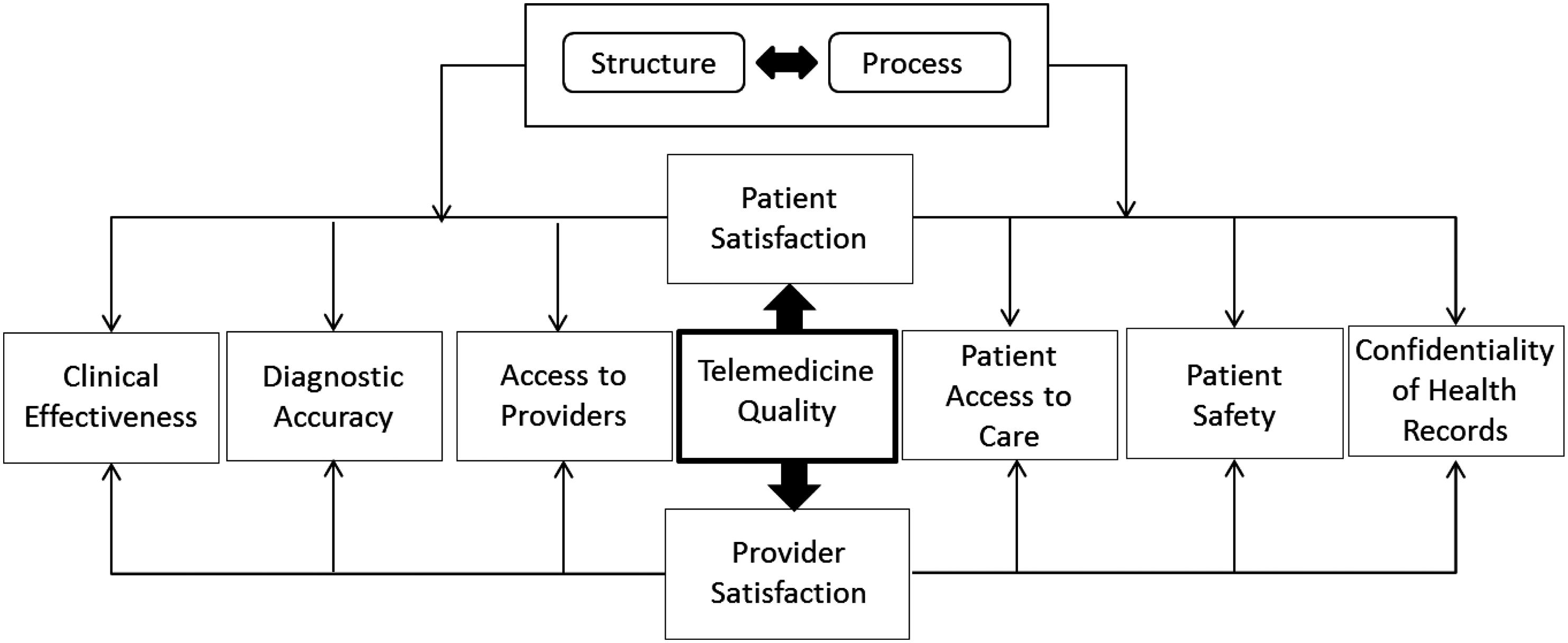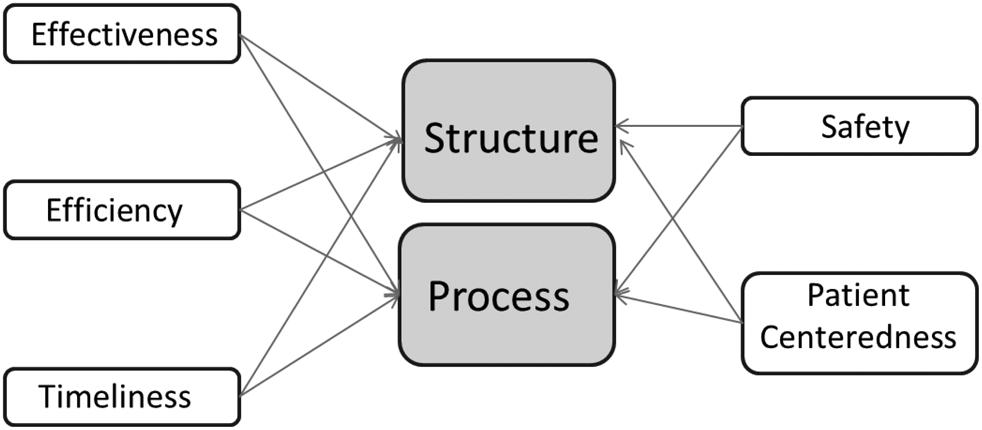
1 minute read
Chief Complaint
insurance company. In some cases, the doctor believes the patient actually needs an MRI, but would not authorize it because the health insurance company requires the patient first to have an unnecessary X-ray. No matter the perspective, the process is a hassle and time-consuming. Each appointment requires the patient to take time off from work or other matters. About a third of working adults say their jobs do not come with paid sick leave, according to a poll by National Public Radio, The Robert Wood Johnson Foundation, and the Harvard T.H. Chan School of Public Health (Kodjak, 2016). However, many doctors say it is not just the system they created that is complicated. It is also complex rules imposed by Medicare and insurance companies that make being a patient very difficult. In addition, the hassle factor is by no means limited to patients and their family members. Physicians experience more than their fair share of hassles, and patients feel the effects.
Such annoyances can have the following direct consequences for patients:
Advertisement
◾ Medical students may be discouraged from certain fields of medicine ◾ Patients may find physicians less accessible or willing to add to their patient caseloads ◾ Administrative costs increase—leading to higher premiums and physicians’ fees ◾ Patients are denied insurance benefits for necessary and appropriate services ◾ Physicians find their roles changing from patient advocate to cost-containment watchdog for the insurance company (ASIM, 1990)
Patients generally expect some challenges when visiting a facility. What patients do not expect is a reckless indifference to the irritations of navigating such a complex system. Worse, patients are often unaware of resources that could help them overcome or manage these obstacles. Even when they are aware, limitations in mobility, fatigue, pain, transportation, or cost often prevent them from taking advantage of resources that could actually help them (Jerant et al., 2005).
When asked to assess the value of a medical care service, a patient’s first inclination is to answer the question in the context of his/her chief





